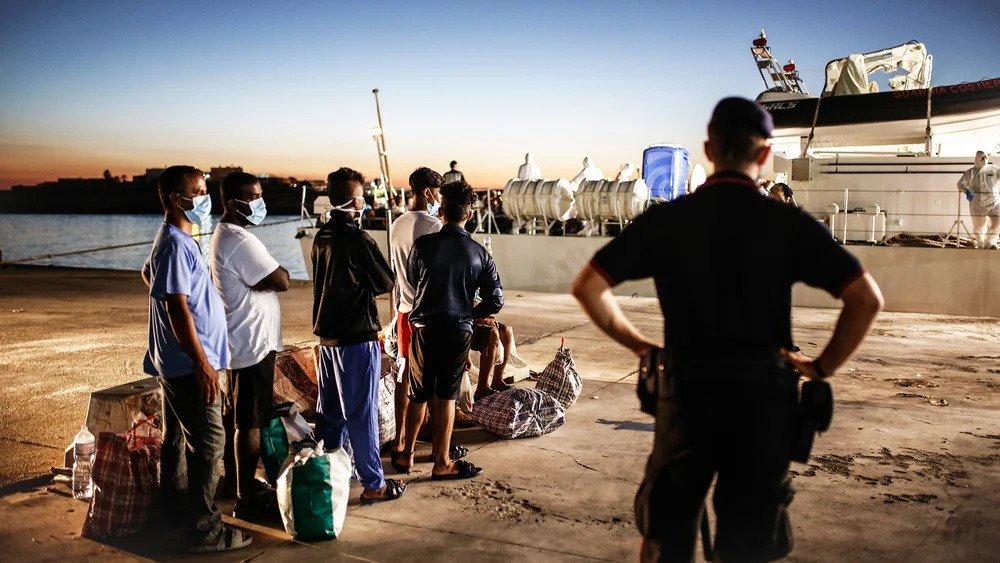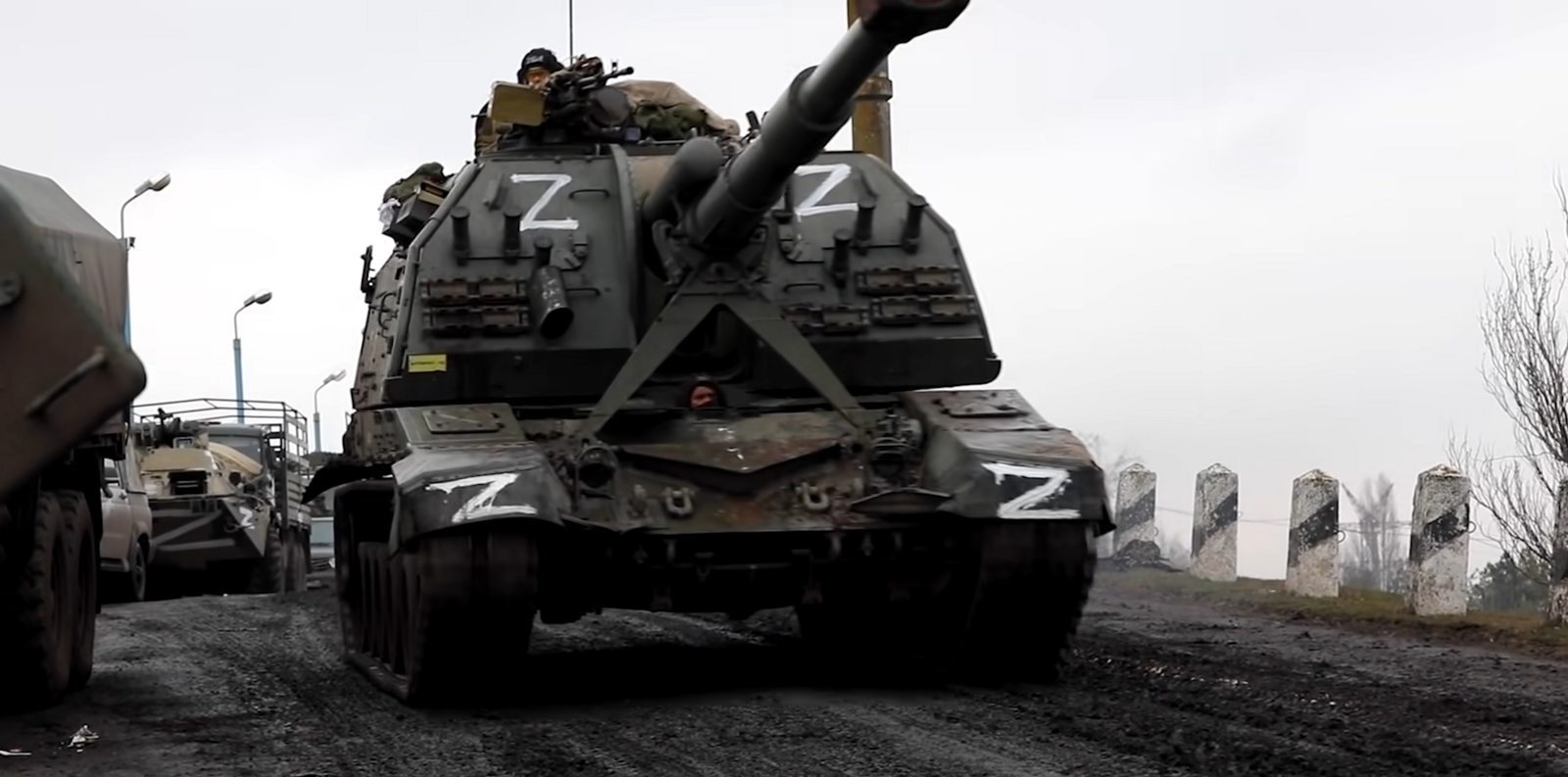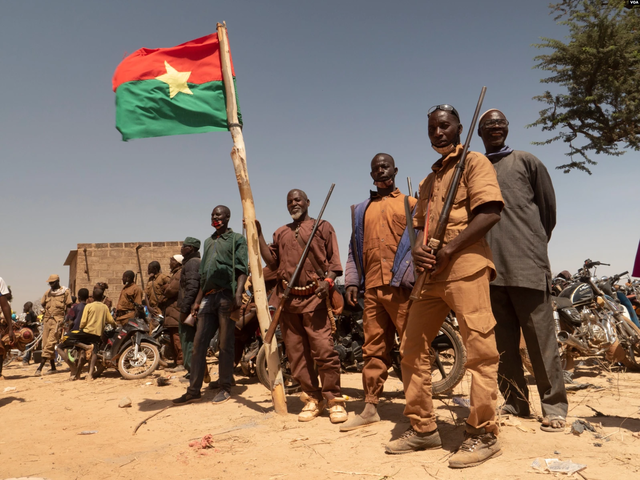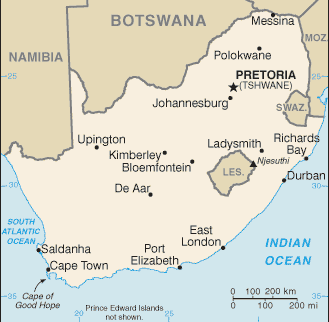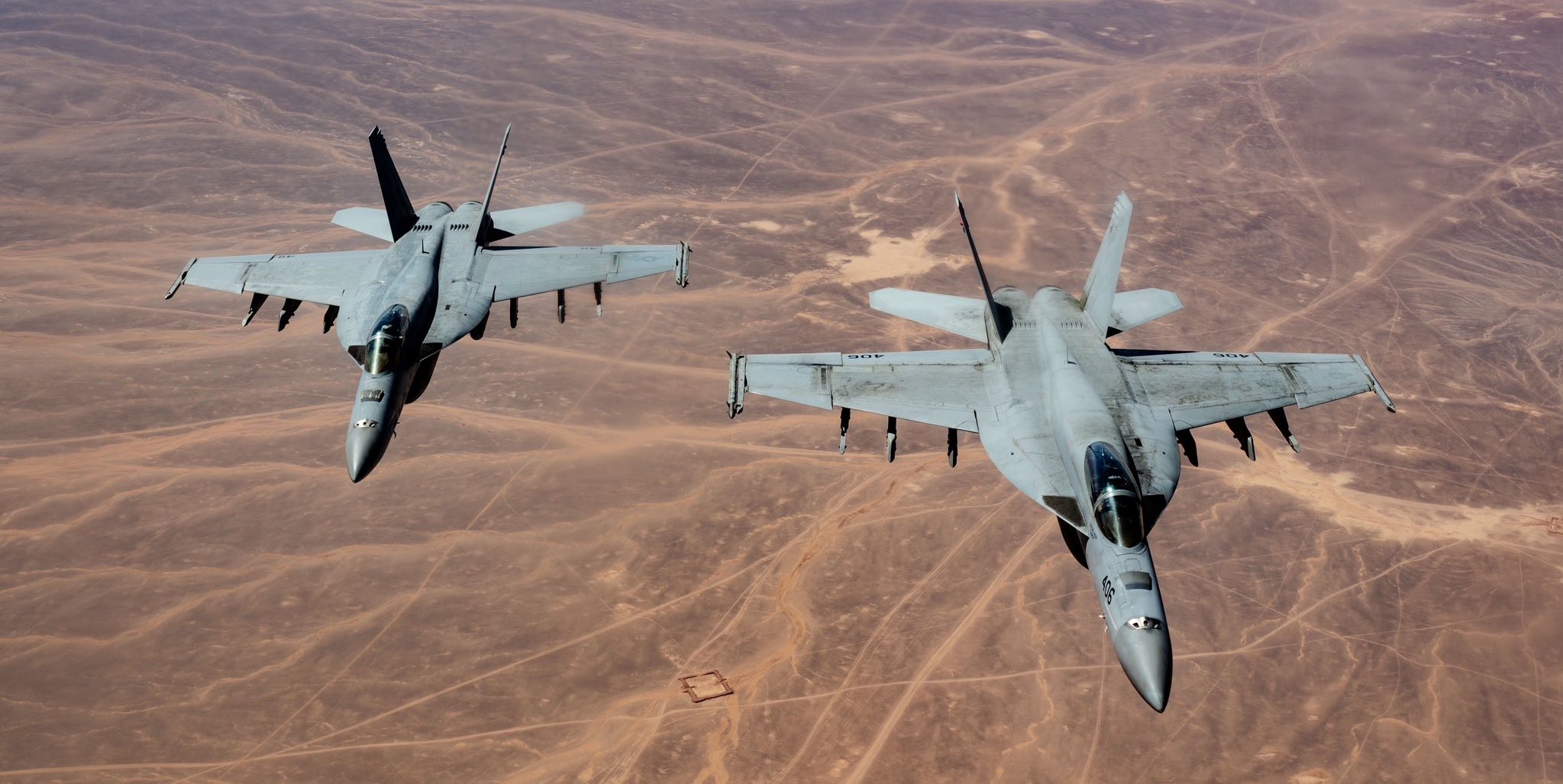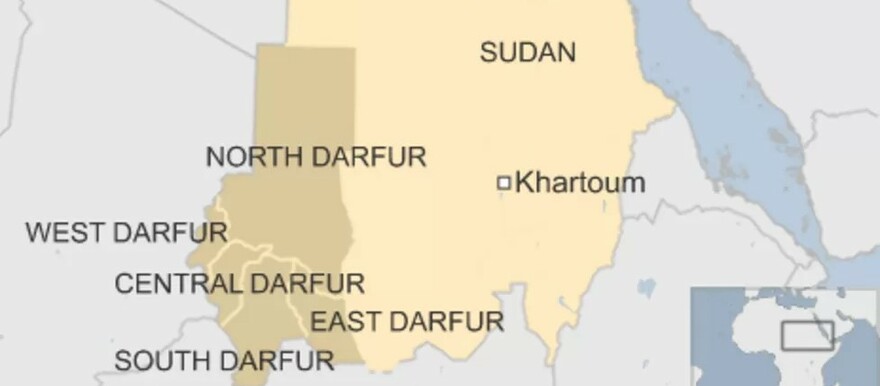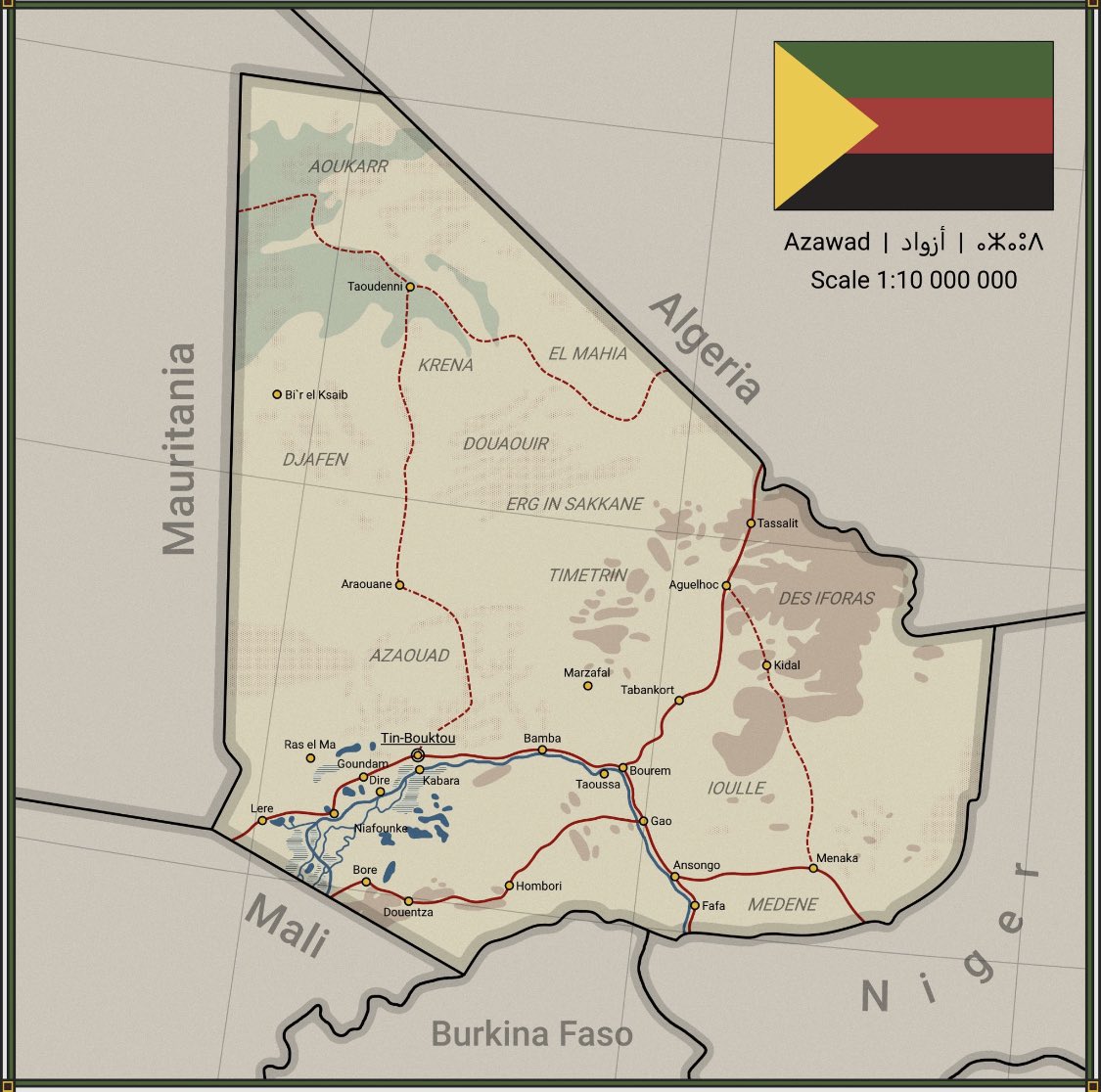
Demand Mexico investigate mass killing site
Human Rights Watch published a report urging Mexican authorities to conduct a “thorough” and “impartial” investigation into an apparent mass killing site outside the city of Guadalajara, in Jalisco state. A local collective called the Jalisco Search Warriors uncovered the site on an isolated ranch, where they found “bone fragments…hundreds of shoes, clothing items, charred human remains, and three underground ovens on a ranch.” The discovery was made while attempting to locate missing individuals or their remains, with local citizens organizing the effort in the absence of a sufficient response by the authorities. (Photo: Mtenaespinoza via Wikimedia Commons)




